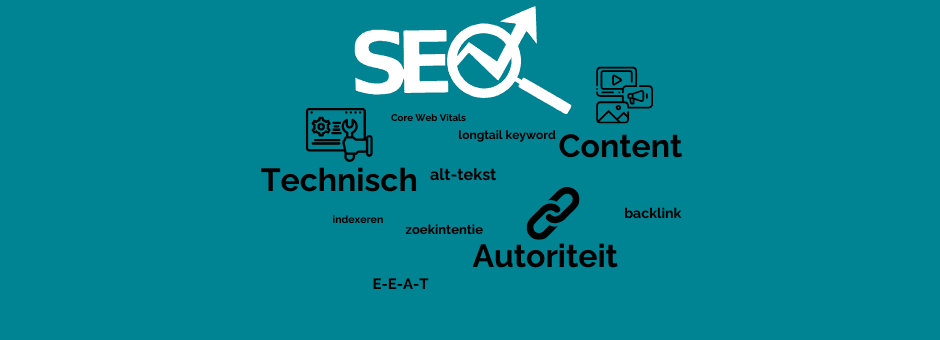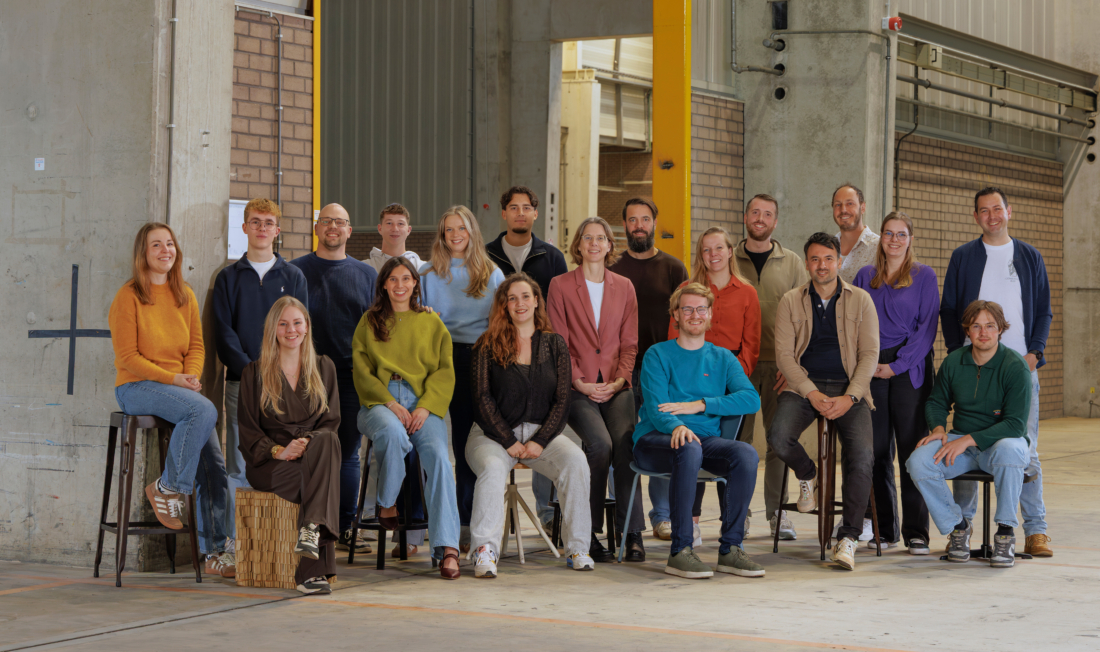Concepts around SEO: why they matter
If you have ever wondered what SEO terms are and why marketers place so much value on them, you are not alone. Among all the jargon, abbreviations and English-language terms, it sometimes seems like learning a new language. But behind those terms is a logic that helps you get found better in Google. And that is exactly what SEO is all about: being visible at the right time, for the right search query.
Understanding what people are looking for
SEO is often all about getting to the bottom of search intentions. Imagine this: someone taps 'best coffee machine for small office' into Google. That's a pretty specific query - and therefore golden if you run a website offering such a product. In SEO terms, you call this a long-tail keyword. It is a search query with a clear intention, little competition and often a high conversion chance.
Yet it doesn't start there. Before you get started with content or technical optimisation, you need to understand how keywords (or SEO terms) function within Google. They are not just words, but the basis on which Google determines whether your page is relevant to a particular search query. That's where a good keywordonder search comes in.
Want to learn how to do it practically? During our SEO training at Onder you will learn exactly how to use SEO terms effectively in your content strategy.
More than just keywords
Often, when people think of SEO terms, they only think of keywords. But the world of SEO goes beyond 'how often does my keyword appear'. Think of terms like 'backlink', 'crawl budget', 'indexing' and 'canonical tag'. Each of these terms touches on a different part of your findability: technology, authority or content.
For example: a canonical tag sounds technical - and it is - but it helps you avoid duplicate content. If you have multiple pages with similar content, such a tag indicates which version is the original. Google appreciates this because it creates clarity.
Why your structure is more important than ever
Anyone who thinks that a few good keywords are enough to rank high will be deceived. Google has long been looking beyond individual terms. The search engine wants to understand whether your page is logically structured and whether it really answers a question.
A good content structure, with clear headings, internal links and a natural structure, makes it easier for both visitors and Google to understand what your page is about. Our blog section on linkbuilding shows, for example, how to cleverly apply internal and external references zonder that it feels forced.
From term to strategy
A common mistake: people think SEO is a collection of individual tricks. In reality, it's all about consistency. A keyword zonder content strategy? Pointless. Content zonder technical basis? Ineffective. Link building zonder plan? Waste of time.
That's why at Onder we don't just talk about 'what is a SEO term', but rather how to integrate those terms into a working strategy. Because what good is a perfectly optimised page if no one links to it? Or a technically fast website if you have no idea what search questions your target audience is actually asking?
Trends change, the foundation remains
Google constantly adjusts its algorithms. This means that some terms sometimes temporarily become more important than others. Think of terms like E-E-A-T (Experience, Expertise, Authoritativeness, Trustworthiness) or Core Web Vitals. Yet the basis of SEO is surprisingly stable: content, technology and authority. Three pillars that you also see in every decent SEO strategy.
It helps if you know which terms remain really relevant. And if you can't see the wood for the trees: focus on search intent, quality of your content and a logical structure of your website.
Not all terms are equally important
Don't be fooled by the honderden terms and tools out there. You don't have to master everything at once. In fact, many companies actually get results by keeping it simple. Understand the basics well, and build on them step by step.
For example: do you know what an 'alt text' is? Then you are already working on technical optimisation as well as usability. And if you know what an 'anchor text' is, you are taking the first step towards effective link building.
In conclusion: language with a purpose
SEO terms are tools, not an end in themselves. They help you communicate better with search engines, but ultimately you write for people. Good content speaks the reader's language, not just Google's. Therein lies the secret: how do you use SEO to better communicate your message?
Share
Categorieën
- (Content) marketing
- AI (Artificial Intelligence)
- Analytics
- How to/DIY
- Linkbuilding
- news
- Other
- SEO tools
- Social media
- Technical SEO
Any questions?
Get in touch! :) we are happy to help you with all your SEO questions
SEO questionDon't miss it
Subscribe to our newsletter and don't miss a single SEO tip
"*" geeft vereiste velden aan












 Dutch
Dutch
 English
English